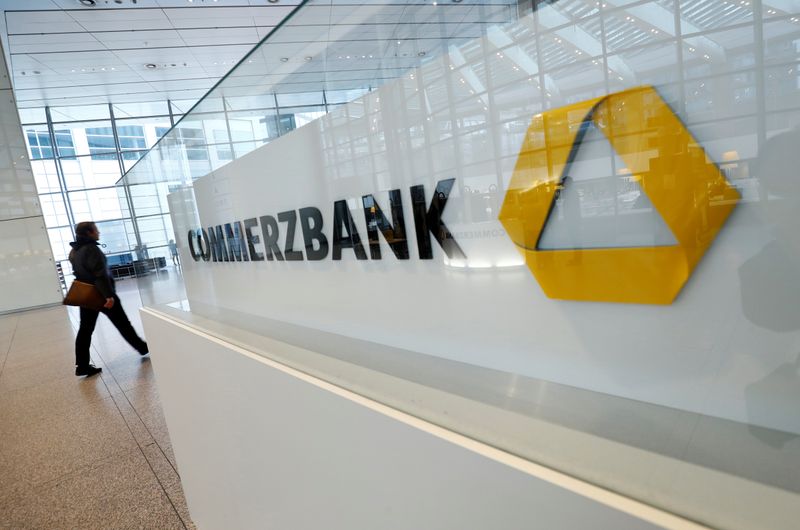This post was originally published on this site
https://i-invdn-com.akamaized.net/trkd-images/LYNXMPEG8Q0D9_L.jpg
FRANKFURT (Reuters) – The nomination of Manfred Knof as chief executive of Germany’s Commerzbank (DE:CBKG) paves the way for an overhaul that could close hundreds of branches and shrink its foreign operations, though any major changes may still take months to formalise.
Germany’s No. 2 lender, partially-owned by the state, has been in turmoil following the sudden resignation of its CEO and its chairman in early July. Remaining board members’ hands were tied from moving forward even as the bank’s outlook darkened.
That hurdle was removed after the bank’s new chairman, appointed in August, unexpectedly convened the supervisory board with less than 24 hours notice on Saturday to inform it of his CEO candidate. Knof, a top manager at rival Deutsche Bank (DE:DBKGn), won its endorsement.
The decision clearly puts the focus on the unprofitable lender’s strategy discussions, bankers and big investors say.
But formal decisions on any changes under discussion could take months because Knof joins Commerzbank only on Jan. 1, people with knowledge of the matter said.
Leadership will need to digitize and standardize processes to cut costs, said Andreas Thomae, a portfolio manager at Deka, a top-10 investor in Commerzbank. “It sounds simple but the last management team failed,” he said.
Thousands of the bank’s nearly 48,000 jobs are on the line. The lender is considering slashing its network of 800 branches, following the recent closure of 200, people with knowledge of the matter have said.
A further cull to the bank’s already slimmed-down international operations is also on the agenda.
Knof, educated as a lawyer, spent the bulk of his career at insurance giant Allianz (DE:ALVG) before joining Deutsche in 2019, where he has been head of retail operations in Germany. Commerzbank chairman Hans-Joerg Vetter told employees he wanted someone who would “question the status quo”.
At Commerzbank, Knof will have to balance the desires of the German government – which owns more than 15% of the bank – as an election approaches, with those of other disappointed investors. Its shares have tumbled almost 90% during the last decade.
Over the past two years, employees have also been on a wild ride, with on-again-off-again talks to merge with Deutsche and then later to sell a big Polish subsidiary. Knof has the “human leadership skills for the tasks that lie ahead of the bank”, Vetter said.
While many of Europe’s biggest banks have said they were bracing for a wave of mergers, executives and investors say Commerzbank must first get its own house in order before looking for tie-ups.

